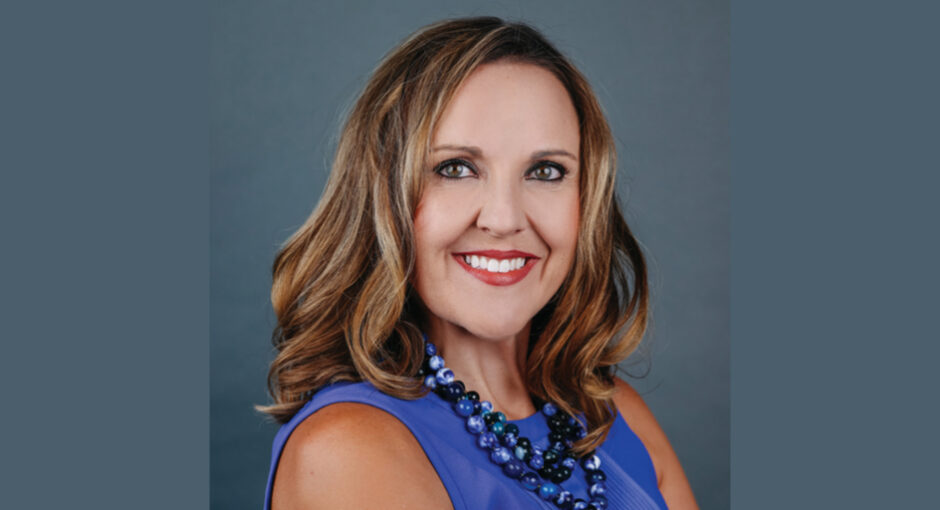Ryan White Clinics for 340B Access yesterday criticized drug manufacturer Gilead Sciences for sponsoring a study that said it is unclear if patients of Ryan White clinics and other 340B grantee covered entities benefit from the drug margin these entities earn billing for 340B-acquired drugs.
Berkeley Research Group released the study last month. BRG is the parent of Second Sight Solutions, which runs the 340B ESP platform drug manufacturers use to administer conditions on 340B pricing involving contract pharmacies. Gilead’s products include treatments for HIV/AIDS and hepatitis often prescribed by 340B grantee entities.
In March 2022, Gilead imposed conditions applicable to all 340B entities on 340B pricing on its branded hepatitis C treatments when entities use contract pharmacies. In January 2022, it reduced reimbursement for 340B entities for pre-exposure prophylaxis (PrEP) medications Truvada and Descovy that uninsured patients get for free through the company’s Advancing Access patient assistance/medication assistance program to acquisition cost plus an $80 administrative fee and a $2.75 dispensing fee, compared with former reimbursement by Gilead at full retail price.
Gilead Chair and CEO Daniel O’Day is Pharmaceutical Research and Manufacturers of America’s board chair-elect.
BRG’s study for Gilead suggested that grantees’ share of total 340B revenues is likely higher than what government data show and that grantees’ use of contract pharmacies is growing faster than that of 340B hospitals. While some grantees may have to report on their use of 340B income to their funding agencies, this reporting is generally not publicly available, the report noted.
“Without greater transparency it is unclear to what extent federal grantee clinics depend on the drug margin earned from the 340B program to fund their operations, whether patients benefit from these funds, and whether this is a sustainable approach to funding these services going forward,” the study said.
RWC-340B called the study “unfounded, self-serving, and counter to the drug company’s claims” that it is committed to serving people living with or at risk of contracting HIV.
“We once thought of Gilead as our partner in the fight to end HIV/AIDS,” said Shannon Burger, RWC-340B president and CEO of Tennessee-based 340B grantee entity Cempa Community Care. “This new report proves that Gilead is part of the problem, not the solution.” She added, “Gilead’s recent policies limiting access to 340B medications for persons living with HIV and AIDS and for patients needing hepatitis C drugs is appalling evidence that Gilead is more concerned about profits than patients.”
Regarding the study’s recommendation that grantee entities should have to publicly report how they use 340B revenue to support patients, RWC-340B said HIV/AIDS clinics in the 340B program “are already subject to extensive program income reporting requirements, are routinely audited by HRSA, and risk losing eligibility for program non-compliance. Further, RWC-340B’s research shows that state and federal taxpayers would be forced to pick up the bill for care now provided by Ryan White Clinics if the 340B program is cut.”
Gilead did not immediately respond to a request for comment.
In a related development, AIDS Healthcare Foundation was scheduled to hold a protest at noon Pacific time today in front of Gilead’s headquarters in Foster City, Calif., over the company’s 340B contract pharmacy restrictions.


